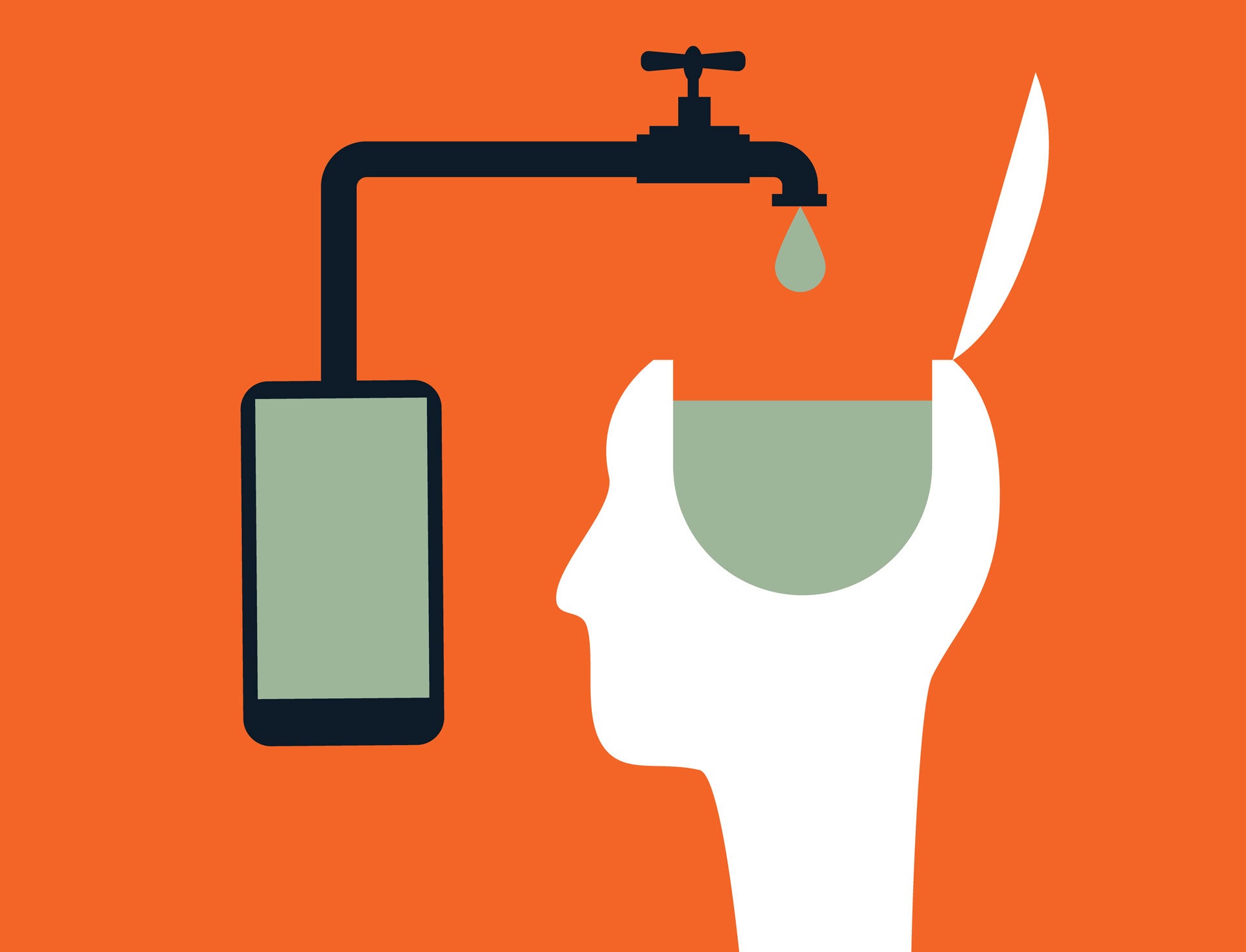
Social networks can have “profound effects on voting outcomes”, according a study by researchers at The University of Houston and Massachusetts Institute of Technology (MIT).
The study, published in the journal Nature, revealed that not only does social media alter voters’ perceptions but can also increase the probabilities of electoral deadlock or favouritism.
“Twitter, Facebook, those networks are organised by who you follow, and who follows you,” said study corresponding author Alexander Stewart, a mathematical biologist at the University of Houston.
“That affects both the information people are exposed to, and the way they make decisions.”
“The structure of information networks can really fundamentally influence the outcomes of elections,” added study co-author Davis Rand, an associate professor at MIT Sloan School of Management.
“It can make a big difference and is an issue people should be taking seriously.”
Studying how social networks impact voting
The study included experiments with 2,520 participants, with each taking part in a ‘voter game’.
Participants were separated into two teams, yellow and purple, with 24 on each side. The game required each voter take part in simulated elections.
Participants were also allowed to change their voting plans in response to continuously updated polling data, and were given incentives.
The researchers said that through abstract mathematical models and experiments, they were able to analyse how strongly networks can influence voter behaviour, even when time-honoured layers of voter identity and ideology are removed from the political arena.
“Part of the contribution here is to try to formalise how information about politics flows through social networks and how that can influence voters’ decisions,” Stewart added.
Overall, it was found that voters almost always voted for their own party when the polling data showed it had a chance of reaching a super-majority share. Participants also voted for their own party when the data showed a deadlock was likely.
However, when the opposing party was likely to reach a super-majority, half of the participants would vote for the opposing party, while half would vote for their own party.
Biased bots and online echo chambers
To gain more from the game, researchers also placed participants inside the other team’s echo chamber and used biased online bots.
“The network experiments are important, because they allow us to test the predictions of the mathematical model,” explained Mohsen Mosleh, a research scientist at MIT Sloan.
“When we added echo chambers, we saw that deadlock happened much more often – and, more importantly, we saw that information gerrymandering biased the election results in favour of one party over the other.”
Voting behaviour in governments
The researchers also looked into first-hand information on similar situations among elected governments, by analysing co-sponsorship of bills in the US Congress from 1973 to 2007.
The findings revealed that the Democratic Party had more exposure to the voting intentions of people in their own party than the Republican Party. However, in 1994, when the Republican Party gained control of Congress, its own “influence assortment” became equal to the Democrats.
Similar levels of division were also found in six out of the eight European parliaments, during the last 10 years.
“Our hope is that laying out this information gerrymandering theory and introducing this voter game, we will spur new research around these topics to understand how these effects play out in real world networks,” Rand concluded.
Read more: The decentralised randomness beacon helping to “secure democracy”







